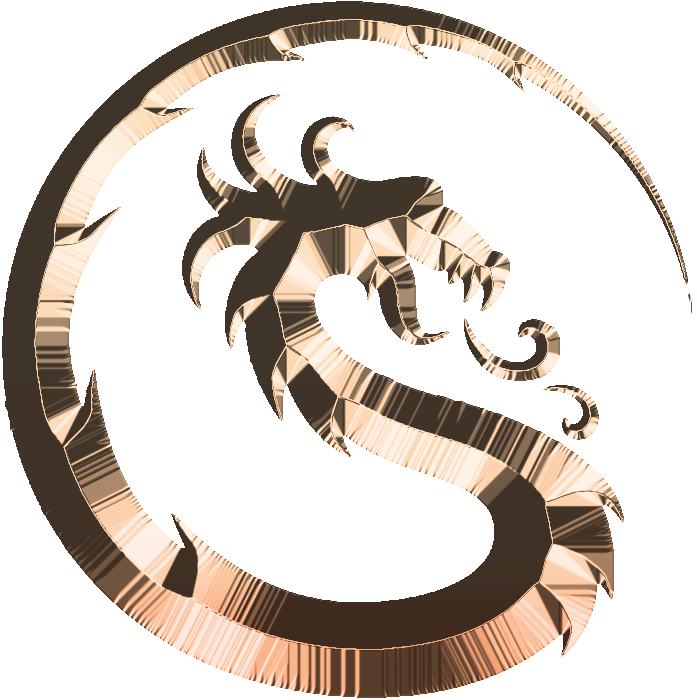According to Wikipedia, “an antihero … is generally considered to be a protagonist whose character is at least in some regards conspicuously contrary to that of the archetypal hero.” This character is usually the antithesis of the “knight in shining armor.” But what makes him work?
In my view, the antihero has to be someone we root for despite the fact he has dark aspects to his character. This often means the antihero must be less evil than the story’s antagonists, so that in the end the true bad guys get their just deserts. We also need to have an understanding of why the antihero has this dark side so we can empathize with him as the protagonist. Without this empathy, I believe, the antihero fails as a character
To explore this idea, let’s look at four characters from fantasy and historical fiction who likely fit the definition of an antihero in a way that works with the reader.
Roland Deschain from Stephen King’s The Dark Tower series. Roland has a host of traditional hero-like characteristics (he’s brave and a gunslinger – similar to a knight in King’s world), but his obsession to find the Dark Tower rules his soul. And throughout the series, nearly everyone Roland cares for pays a high price for his obsession. Roland is ruthless, but also has a heart – and sometimes, a conscience. Yet ultimately, his flawed and troubled character is what makes him an antihero.
Uhtred of Bebbanburg from Bernard Cornwell’s The Saxon Tales series. Uhtred, like Roland, has many characteristics of a traditional hero, but he’s arrogant, rash, and violent – and hates the king he serves. Uhtred is a pagan in a Christian world, quick to oppose the will of the pious King Alfred and his priests. Among the four characters listed here, Uhtred may be the farthest from a true antihero because in the end he tends to do the right thing.
Tyrion Lannister from George R.R. Martin’s A Song of Ice and Fire series. Tyrion could be an easier call because, after all, he’s a Lannister – and they’re BAD. But is Tyrion really all that bad? In the interest of full disclosure, I have yet to read all the novels in the series; however, Tyrion certainly is no knight in shining armor. Yet I find myself rooting for him as much as any of the true heroes in Martin’s epic.
Elric of Melniboné from Michael Moorcock’s novels that bear Elric’s name. He is probably the most classic antihero of the group. He’s a member of an evil race that worships evil gods – and on top of that, he wields a sword that steals souls. But Elric is never the worst of the lot. His opponents are always far more evil, and his origins as an exiled king, coupled with his physical ailments (he’s weak and frail when not taking drugs to keep up his strength), allow the reader just enough empathy for Elric to make him work as hero, even if he’s of the “anti” variety.
These are just four examples, and there are certainly legions more in the annals of fiction. But let me know what you think. What makes an antihero a hero, and do you have a good example of one that works?



Hazel West
June 7, 2013 - 2:05 pm ·I've always loved antiheroes. Especially from a writer's perspective. I think it's really important that, if you have a really nasty bad guy, you kind of have to have someone who isn't afraid to break the rules of chivalry to get rid of him. Because, I don't know about everyone else, But I'm always disappointed if a really nasty baddie doesn't get his/her just desserts in the end.
I'm writing my first real anti/reluctant hero right now, but he's not the 'bad' kind of guy, he's more of a coward who likes to pretend he doesn't care about anyone (which of course, isn't true!). So he's been interesting to write, and unlike some antiheroes, I actually get the chance to make him more dynamic.
Joseph Finley
June 7, 2013 - 5:35 pm ·Hazel – thanks for the comment and good luck with your antihero! I've never written anything with an antihero main character, but I think it would be a whole lot of fun.